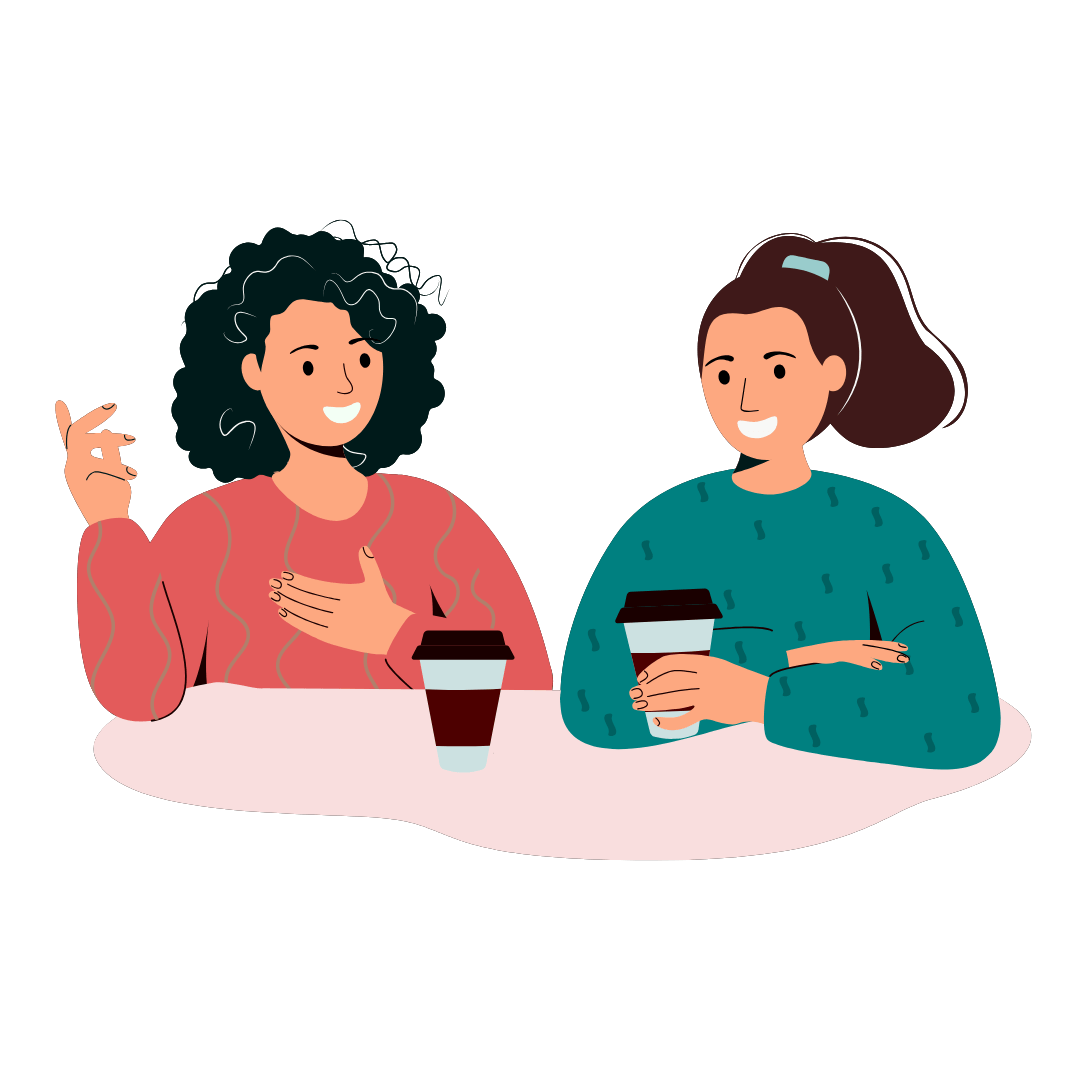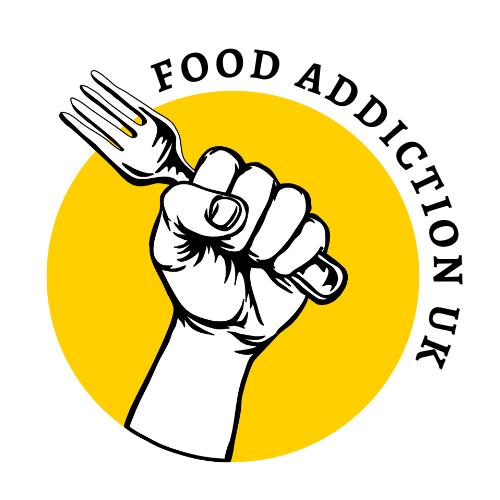How Cultural Traditions Shape Our Relationship with Food
Food is so much more than fuel. It’s woven into our traditions, our memories, and our sense of belonging. From Sunday roasts to Ramadan feasts, Christmas puddings to Caribbean spice, what we eat is often shaped by where we come from, who raised us, and how we connect with others.
For those navigating recovery from food addiction, this deep emotional connection to cultural food can be both confusing and complicated. In this post, we’re exploring how cultural traditions shape our relationship with food, and how to honour your roots whilst forging a healthier path.
Food is Culture, Connection, and Identity
In almost every culture around the world, food plays a central role in:
Celebration - Birthdays, weddings, holidays, religious festivals - food is often the star.
Grief and comfort - In times of loss, people gather around food to show support.
Tradition - Recipes are passed down like family heirlooms, preserving identity and history.
Hospitality - Offering food is a gesture of love, respect, and care.
These traditions create a powerful emotional link between food and relationships, one that can be healing but also tricky to navigate when you’re working on your recovery.
When Cultural Traditions and Food Addiction Collide
If you’re in recovery from food addiction, you might have experienced some of the following:
Feeling pressure to eat even when you’re not hungry, to avoid offending relatives or “wasting” food.
Struggling with guilt or shame when you can’t stop at one serving of a beloved dish.
Feeling disconnected from your culture if you’re trying to avoid traditional meals that have triggered overeating in the past.
Facing social tension when you choose not to eat something at a family event.
These are valid and real challenges. You’re not weak, you’re navigating a complex landscape where food isn’t just food. It’s family, tradition, memory, and belonging.
Recognising the Layers: Food as More Than Just a Meal
Here’s the thing, it’s not always about the food itself. It’s about what the food represents:
Eating grandma’s pie might feel like keeping her memory alive.
Turning down a dish at a family celebration might feel like rejecting your heritage.
A traditional meal might bring back powerful childhood memories, both joyful and painful.
Understanding these emotional layers helps you approach your recovery with curiosity instead of criticism. You’re not just “failing to control yourself.” You’re trying to untangle generations of emotional meaning from a plate of food.
Ways to Honour Culture Without Harming Recovery
1. Redefine What Connection Means
Connection doesn’t have to come through overeating. You can still share meals, help prepare food, or talk about the story behind the dish, even if you choose to eat differently. Focus on the people, not the plate.
2. Set Boundaries with Compassion
It’s okay to politely decline certain foods or servings. You can say things like:
“That looks amazing, I’m just really listening to my body right now.”
“I love your cooking, I’m just trying to eat more mindfully.”
You’re not being disrespectful, you’re being respectful to yourself.

3. Create New Traditions That Feel Safe
If certain dishes or settings are triggering, explore ways to adapt them. Could you:
Recreate a traditional dish with different ingredients?
Add a new ritual, like a gratitude practice before meals?
Host your own celebration with choices that support your wellbeing?
Traditions can evolve and still hold meaning.
4. Talk About It (When You’re Ready)
Sometimes family and friends don’t understand what food addiction is. If you feel safe, share your journey. You don’t have to go into detail, just enough to help others understand that you’re making intentional choices for your health, not being difficult. And remember, you don’t owe anyone an explanation if you’re not ready.

Cultural Pride, Not Perfection
One of the hardest parts of recovery is learning that you can honour your culture without having to perform a specific version of it. You don’t have to eat a certain dish to be a “real” member of your community. You don’t have to participate in every food tradition to stay connected to your roots. You are still part of your culture, your family, your community, even if your plate looks a little different right now.
What Healing can Look Like
Healing your relationship with food in a cultural context might mean:
Learning to say “yes” and “no” without shame.
Letting go of food guilt while keeping hold of family stories.
Creating your own version of celebration that aligns with your recovery.
Remembering that you are allowed to take up space at the table, exactly as you are.
Final Thoughts
Culture is more than food. It’s music, language, dance, rituals, humour, shared history, and community. If you’re struggling with cultural food expectations, try exploring other ways to stay connected to your roots, without compromising your health. Recovery isn’t about rejecting where you come from, it’s about reclaiming your right to be well, while holding on to the parts of your culture that truly nourish you, body and soul.
Copyright © 2025 · Food Addiction UK



